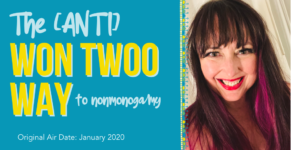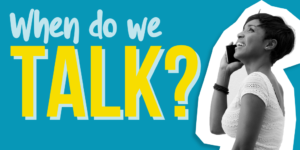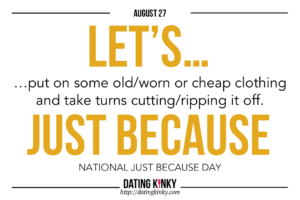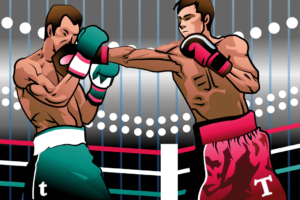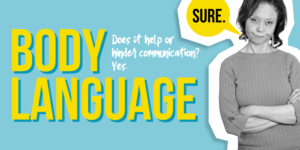A lot of what I write can bring up the feels.
After all, I dig deep into how we as humans first and as kinksters, interact with the world around us, and how we f*ck it up. In the myriad of ways that we do.
I do this in the hope that by sharing these things, we may grow and learnt through each other’s experiences and perspectives and viewpoints.
Frankly, it’s not for the faint of heart.
You may feel called out.
You’re not, though.
If anything, I’m calling you in.
Calling out: a direct challenge to something they’ve said or done, usually in public and with the intent of exposing the person’s wrongdoing to others.
Calling in: addressing people in a patient, caring, and human way to help them grow. As Katelyn Burns observed for Everyday Feminism in 2017: “This approach allows people to learn without feeling singled out or publicly embarrassed.”
I don’t want you to feel singled out. Or publicly embarrassed.
Although, I admit sometimes I may not seem as patient and caring as I could be.
With my writing, I offer an invitation to think about who you are, the mistakes you’ve made (and maybe still make), and who you want to be.
To dig deep into what works for you and what doesn’t.
What you really think and what you’ve just accepted from someone else, or what’s been hanging around long past it’s expiry date.
I don’t know YOU.
I don’t use names.
I speak about people anonymously, while using real experiences to illustrate. And I’ll tell you something, I once wrote a piece anonymously and had five friends (FIVE!!!) write to ask if I was talking about them.
Nope. It wasn’t any of them. In fact, it wasn’t even a current example. I often wait months before I post about things.
And they felt what I said.
They identified with it.
And they connected with me.
And you often connect with me. Those of you who read my little musings. Or who listen to them on my podcast. And I love that. I love when I recognize things I’ve been doing non-optimally (another great word for WRONG) from someone else’s writings, and I love being that spark for you, too.
What I don’t love, though, is when someone identifies with something I’ve said strongly, and lashes out, hurt and defensive.
Because I don’t write to hurt people.
I write to share thoughts and ideas.
And sometimes, to shock people out of being real jerks. And I guess that is sometimes hurtful.
But—and I rarely use that word, because of all that it implies.
BUT, if you feel called out or hurt by something I say, MAYBE you’re exactly who I’m talking about.
And I don’t mean the individual (unless you know that conversation, fo sho). But the TYPE of person. And it hurts because it’s wrong. Because I’m not saying nice things about that person.
And if that’s the case, well, I’m not identifying you, you’re self-identifying.
You know who you are.
So, maybe if that is you, pause. Think about it. Think about the hurt or harm you’re causing by being that person I’m writing about. And, if you need to, reach out.
I’m happy to talk. I’m happy to help.
That’s what I do.


